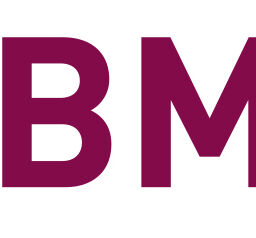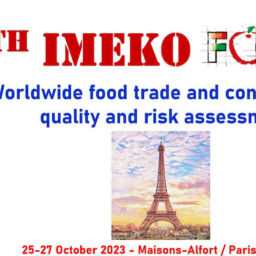
https://www.coursesonline.co.uk/
The skills gap in the UK has been growing over the past year, and in August of 2022 the Federation of Small Business found that 80% of small firms struggled to recruit applicants with suitable skills in the past 12 months. This skills shortage is more clear than ever within the area of STEM skills, so much so that the House of Lords Science and Technology Committee has called on the Minister of State for Science, Research and Innovation to act now in order to ensure that the UK does not fall behind in the important areas of science, technology, engineering and maths due to a shortage of people who are trained in STEM. This affects the metrology industry in a number of key ways, including the development of measurement and testing in the UK.
The worldwide metrology industry is growing
The metrology industry on a global scale is growing, and is expected to be worth $14.6bn by 2027. This is positive news for the industry, industries which rely on metrology such as engineering and manufacturing, as well as the development of technologies within society as a whole. Metrology is key to developing essential processes that are relied upon globally including trade, healthcare, safety, environmental monitoring, manufacturing, engineering, food safety and consumer rights. It’s no surprise therefore that around the world this area of expertise is expected to experience a growth rate of 6.1% by 2027.
The impact of STEM shortage on science and technology
Having a sufficient skilled workforce in the science and technology sector is essential to making key decisions, developments and discoveries which could have a huge impact both in the UK and globally. Shortages in skilled STEM workers means that recruiters are either limited in their ability to expand their research and development, and/or are reliant on people who are not skilled workers to work in areas which require expert training.
According to the House of Lords Science and Technology Committee, STEM shortages in the UK are highly detrimental causing issues such as limiting improvements to productivity, halting economic growth and stopping the UK from becoming leaders in the development of science and technology.
How STEM shortages affect metrology
Metrology is such a key part of STEM that it won’t come as much of a surprise to learn that when STEM shortages occur, metrology is heavily impacted. Less people having expertise in maths, science, engineering and technology means that there is a limited amount of people skilled in metrology as well as less people to work with metrology experts to develop other key STEM areas. Without the scientific study, development and testing of accurate measurements, STEM industries are at risk of being less productive, inaccurate and even dangerous. This is even more significant when workers in other STEM industries alongside metrology are employing less skilled workers due to STEM skills shortages across the board.
Furthermore, although metrology is growing and being recognised as a key aspect of STEM industries, many people are still unfamiliar with what metrology is and how it functions in society. This can unfortunately lead to less people seeking to upskill in this area and skills shortages in the metrology sector itself.
Rather than one or two areas of STEM suffering from skills shortages, which would be detrimental to the development of key industries, there are skills gaps across the board in STEM. This is not only halting potential progress in the UKs development of STEM areas, but also costing the UK economy a huge £1.5bn per year according to the Institute of Engineering and Technology.
How to mitigate STEM shortages
Getting more people into STEM is the key to filling these skills gaps and helping the STEM industries and the metrology sector to thrive in the UK. It is agreed amongst major organisations such as the Institute of Engineering Technology and the House of Lords Science and Technology Committee that the issue of STEM skills shortages needs to be tackled now to ensure economic growth, scientific and technological development.
It is therefore recommended that education in engineering, technology, science and maths is invested in and improved in order to gather a solid workforce of skilled STEM employees. Taking advantage of learning opportunities in STEM can also be highly advantageous for people who are seeking employment and career prospects, as upskilling in these areas opens up several new career avenues. When it comes to metrology, acknowledging the key role that metrology plays in STEM and in a broader sense, the economy and development of the UK and beyond, can encourage more people to develop metrology knowledge and skills.
The role which metrology plays within the STEM industries is an important one, which should not be underestimated. Unfortunately with STEM skills shortages comes the shortage of skilled workers in metrology as well as limited opportunities for the many developments which metrology opens the door to. Without skilled STEM employees, STEM development comes to a halt leading to economic limitations and less opportunities for metrology to thrive. Through the encouragement of STEM education, funding into STEM training and more awareness around the many STEM industries including metrology however, the UK can thrive both economically and developmentally in the areas of science, technology, engineering and maths.












